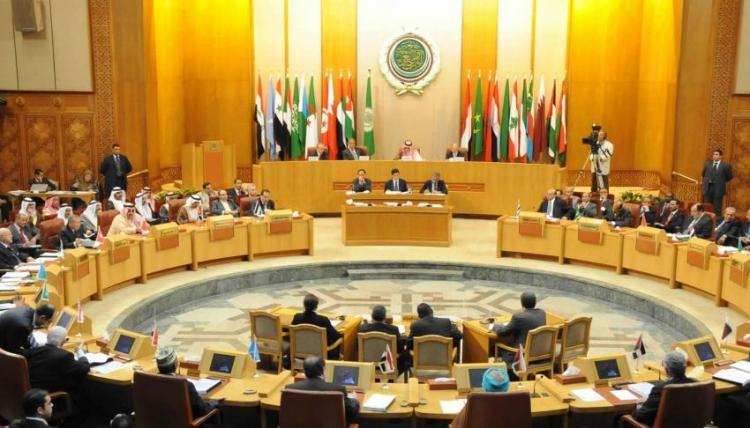For the first time, the Arab countries agree on the parity of Iran and Turkey’s hostility in the region
private -NPA
“Iran and Turkey contributed to aggravate the regional crises and created new problems in the Arab countries, where Arab leaders agreed to unite against such policies,” said the Secretary-General of League in the final statement of the League of Arab States meetings in Tunis Sunday.
“The interventions of our neighbors in the region, especially Iran and Turkey, have complicated the crises and prolonged the solution”. Ahmed Abou Algheiz said at the opening session of the Arab League summit in Tunis.
The Secretary-General of the Arab States’ League pointed out that “the Arab security is in great danger nowadays .”
Abou AlGheiz said that ” the Arab national security in recent years has been exposed to the most serious challenges and threats in its contemporary history”, calling the Arab leaders for “unite as one force under one umbrella against regional interference.” He added: “The region will not accept foreign troops in our countries.”
Referring to Turkey’s proposal of building a buffer zone in north of Syria, he said: “There is no room for any regional force, that has pockets inside our country, for example safe zones.”
It is interesting to note that this is the first Arab Summit, in which the Arab countries parallel between Turkey and Iran, in terms of enmity, since the rise of the Islamic Development and Justice Party to power and its attempt to gain the favor of Arabs by creating common ties such as religious affiliation.
Over the course of a decade, the Arab regimes and peoples showed admiration and rapprochement with Turkey. Arab intellectuals began to pay attention to the Turkish experience and its reconcile between democracy and Islam, to become emulated and an effective factor of which the Arab influenced by, even in their lifestyle, as well as the Turkish cuisine and the Turkish drama, of which was dubbed and introduced into the Arab world by the support of the Gulf Arab States, which is now carrying out media attacks against Turkey, after it stopped Turkish dramas, such as Saudi Arabia’s MBC group.
The Muslim Brotherhood’s accession to power in Egypt, was the beginning of the rift between the largest Arab countries, Egypt, and Turkey, where the Egyptian army accused Turkey of supporting the Muslim Brotherhood, and inciting disruption in Egypt.
The Syrian government, led by Bashar Al-Asad, was among those who were impressed by Turkey under Erdogan’s regime. The Syrian-Turkish friendship reached an advanced stage in 2008. Turkish President Erdogan, was the trusted mediator of Damascus for indirect negotiations with Israel, where Erdogan and his wife received Syrian President, accompanied by his wife Asma, in a friendly meeting in “Antalya”, the most prominent tourist complexes in Turkey.
The Gulf States move its diplomatic and media abilities in confronting Turkey in the west
The UAE and Saudi Arabia’s support for the Egyptian army against the Muslim Brotherhood, was a prelude to the collapse of Turkish relations with the Gulf Arab States, especially the United Arab Emirates, the matter that made Turkey accuse the UAE of a coup d’état, upon a post on twitter by Emirates’ Foreign Minister Abdullah bin Zayed, the ruler of Abu Dhabi, where he wrote: “When we see extremists, who authorized terrorist operations, stand against the coup in Turkey, it seems to us that the coup was right and all of the officials of state are terrorists.” He said in another tweet” We did not have known yet whether what happened in Turkey was a coup or a revolution or a play directed by Erdogan.”
This media war was a prelude to a deep rift between the Arab countries and Turkey, which formed another type of alliances in the region, where most Arab countries have focused, in their media and in their diplomatic campaigns, in the western capitals, on fighting against Turkey and its interference in Arab countries affairs, “The current evil triangle is Iran, Turkey and extremist religious groups,” the Saudi Crown Prince Mohammad bin Salman told a reporter in a visit to Egypt last year, when was asked, who is the axis of evil to you, where his answer expressed the deep change of the political posturing in the region.

